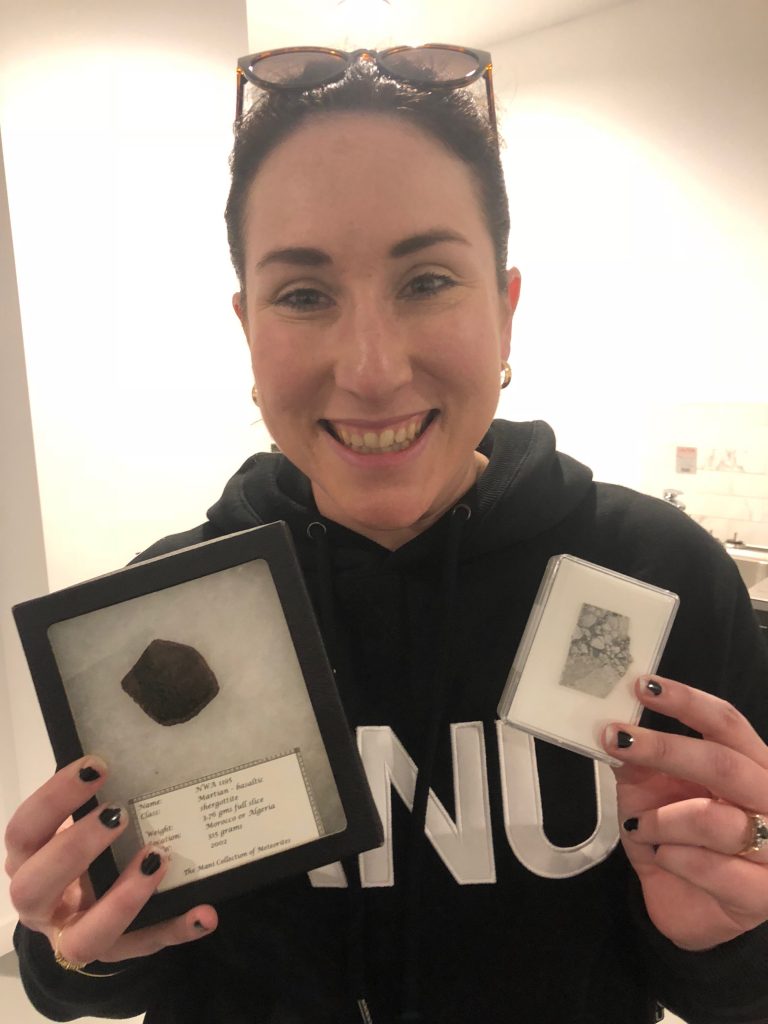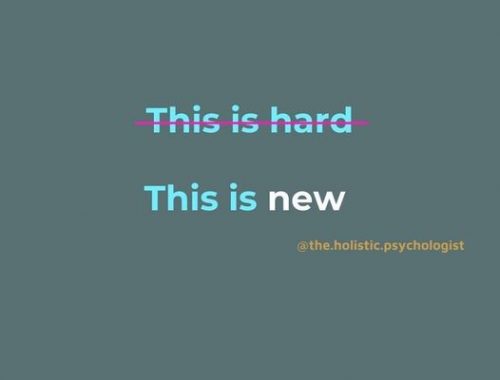Canberra Communications Professional Series: Jo White
Jo White is the Communications Manager at The Australian National University. She is also a friend, ex-colleague and client. Jo is one of the best media minds I have ever met and is politically astute (obsessed?). I first met Jo when I interviewed her for a job. She was just coming out of being a Press Secretary at Parliament House, and the other person on the panel asked me why I didn’t offer her the job on the spot. Her political and media nous proved to be invaluable to our team and the agency. Since starting at Australian National University, she has had some simply incredible experiences and met some amazing people, so I asked her to share with us.
When did you start in this role?
I’ve been in my current role about six months, but I’ve been at The Australian National University (ANU) for two years in other roles including Media Manager and Public Affairs Manager.
What did you do before you joined the ACT Government?
I have been in media and corporate affairs communications in the public sector for about 15 years. Most of my work prior to joining ANU was in the environment and climate policy areas, with a frenetic stint in search and rescue.
What does a normal day look like for you?
The best part about working at a university is no two days are the same. No two hours are the same. One minute I’ll be in a meeting with a crossbench senator discussing effects of e-cigarettes with heart disease experts, the next I’ll be playing the role of ‘probing journalist’ in interview preparations with the Vice-Chancellor. My role itself is varied, and the University’s work is extremely varied. I have some awareness or involvement in most parts of the organisation (and deliberately stay away from some other parts!).
Can you tell us about one of your career highlights?
No. There are too many for me to choose just one. A couple that briefly spring to mind are:
- “Press sec-ing” for NASA’s Chief Technologist Chris Culbert and learning hundreds of the funnest of fun facts about space travel (i.e. they re-use space suits because they’re so expensive, which is why astronauts are all generally the same height). I also got to hold some moon rocks that Neil Armstrong brought home with him [see photo below].
- Conducting live media interviews about the search and rescue operation for a giraffe being shipped from New Zealand to Victoria (his ship hit some rough waters, and he got a bit seasick).
- Pretending to be angry and irrational senators during Senate Estimates preparation with Executives.
- Street Corner Meetings when I worked for a Member of Parliament – these interactions with local constituents always reminded me of the importance of representative democracies. I met some really lovely people!
What is the biggest challenge you have faced in your career? How did you overcome it?
Managing the expectations of what communications can do. When something goes wrong – a policy or a procedure – it’s often management’s first response to say ‘we didn’t communicate it properly’ or ‘we didn’t get the messaging right’.
I still face this problem a lot, but I try to solve it by asking a lot of operational/’in-practice’ type questions of subject matter experts before we develop any comms. It’s not a fix-all, but it helps.
Prior to managing the communications for the University’s response to COVID-19 (which every comms person is struggling with so I won’t be a martyr), one of the hardest work things I’d done this year was organise an event for a group of extremely influential people who were new to our community, and finding a balance between impressing this group and being able to demonstrate fiscal responsibility. This sounds like a silly challenge, but stakeholder management is always tricky when there are competing priorities and needs. We had this one chance to establish a relationship with this group, but we couldn’t undo any of our good work with a bad media story about wasted resources. Oddly, I overcame it – and again this sounds silly – I by relying on my recent experience of organising my wedding where I also had to ensure my guests had a wonderful experience while not bankrupting us.
What changes do you think will occur in communications over the next decade?
My main area is media management and I know the influence of traditional media is changing, though I don’t believe it is quite as dire as many people believe. I have seen firsthand how quickly government policy can change at the mere threat of some bad press. But I do think we’ll see a shift in the type of influence traditional media has on our lives, from moderately overt to almost completely covert. And that will change the way I advise my organisations’ on how to interact and engage with the media.
Who inspires you? Why?
I work closely with so many impressive people who are literally solving the world’s problems, from clean energy sources to immune diseases to drought financing. Every single academic at ANU inspires me every time I learn about what they do.
However, my current big-big boss, Vice-Chancellor Brian Schmidt inspires me every day. Some CEOs are leaders by definition only; Brian was a leader before he became a CEO and he hasn’t lost the values he held as an astrophysicist now that he runs a $1.2bn organisation. I am in a very fortunate position to see a lot of his decision making up close and he is always driven by his values of honesty, openness and fairness. Frankly, it inspires me to work really hard to make his vision reality.
What is your favourite book?
My favourite podcast is Party Room with Fran Kelly and Patricia Karvelas, because I am a giant nerd.
Revealing my favourite book would simply reinforce this point, so I’ll list some great novels I’ve read recently:
- Elanor Oliphant is completely fine (Gail Honeyman)
- Grown ups (Marian Keyes)
- Normal People (Sally Rooney)
- Boy Swallows Universe (Trent Dalton)
Who has been the most influential person in your career? Why?
My very first boss who oversaw my final year internship while I was still at uni.
Jim started his career in media as copyboy for Rupert Murdoch who then went on to have a distinguished journalism and media advisor career. Jim taught me more in the two years I worked for him than I think I’ve learned in the decade since. He was the reason I fell in love with media management and communications. Before meeting Jim, I still expected I’d become a journalist. He taught me how I can have the best of both worlds.
Last year, I had the immense honour of travelling with Former United States Ambassador to the United Nations, Samantha Power for her book tour and she gave me some very valuable advice, leading me to return to university for some more study. Once complete, I hope my career will take a totally new direction.
If you could share one tip with other communications professionals, what would it be?
It sounds clichéd, but always work for an organisation whose purpose you believe in. We work very hard in communications (contrary to popular belief) and the long hours and frustration are hard to come at if you don’t believe in the cause.
The other thing I often tell people is comms professionals may not be able to cure cancer, but without comms no one will know when someone does cure cancer.

A bit more about …
Jo White
Jo with moon rocks
Jo White is a media management and strategic communications specialist with experience in government and politics. She has experience in managing high profile crisises with astute and effective media engagement. Before working at The Australian National University, she was the Corporate and Media Manager at the Clean Energy Regulator, and the Press Secretary for Mark Butler.
A Queenslander at heart, Jo lives in Brisbane but spends most of her time (when there isn’t a pandemic) commuting to Canberra. She is the proud step-mum to two boys who love her cooking, and her singing voice.

